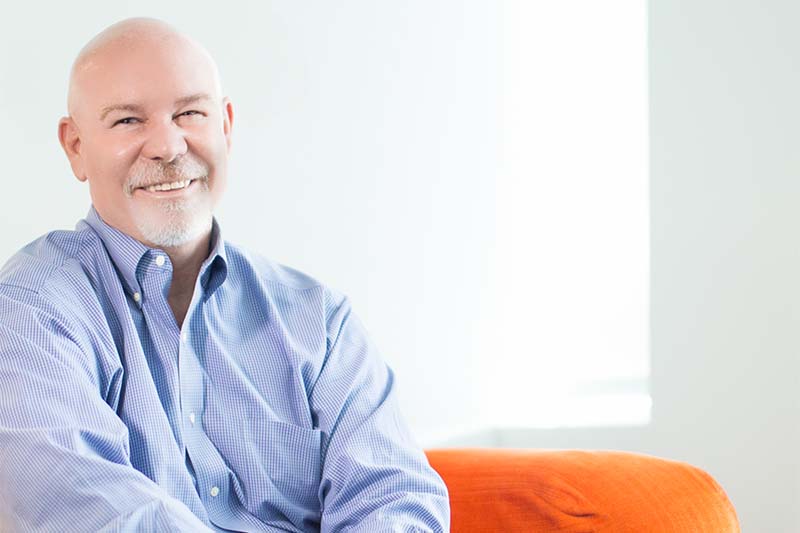
Ah, those Australians… considered the “worst in the world for piracy,” particularly video content. So much so, that the country passed a law in June allowing content creators to go to a Federal Court judge to block overseas websites whose primary purpose is to facilitate copyright infringement.
In Australia, the law was greeted with mixed feelings. Content creators saw it as a ‘watershed moment;’ those advocating an open and fully accessible internet deemed it “a very dark day for the internet in Australia.”
But what about the UK? What’s there to learn from the example in Australia that will keep the internet open and accessible, yet prevent continuous illegal downloading?
Australian Greens’ senator Scott Ludlam said, “If you give people a convenient way of accessing content very, very few people will be bothered to pirate stuff.”
And a new report from the UK’s Intellectual Property Office (IPO) and TNS Australia support Ludlam’s sentiment.
About 25 per cent of British and a whopping 48 per cent of Australian consumers have accessed some online films illegally (compared to 21 per cent and 33 per cent respectively for TV programmes), but legal streaming levels have soared to the highest levels ever seen, said a report from the IPO and TNS Australia.
In the UK, 62 per cent of consumers over age 12 had consumed online content – music, video or video games – over the course of the three-month study earlier this year, compared to 60 per cent of Australians. In the UK, 41 per cent of consumers had legally download and 57 per cent had legally streamed content, similar to Australia (43 per cent and 54 per cent respectively).
British and Australian consumers most often streamed music (35 per cent and 42 per cent), followed by TV (34 per cent and 38 per cent) and films (22 per cent and 29 per cent).
More than half (56 per cent) of British consumers who streamed content paid for at least some of it, compared to 53 per cent of Australians.
But, on the darker side of the equation, the IPO estimated 18 per cent of British consumers accessed at least one piece of content illegally during the three-month study; another 8 per cent exclusively consumed illegal content. Among Australians, TNS Australia said, 26 per cent consumed at least one pirated piece of content, with 7 per cent consuming only pirated content. Only music (UK: 9 per cent, AUS: 15) was accessed illegally more often than TV programmes (7 per cent and 12 per cent) and films (6 per cent and 14 per cent).
In fact, TNS Australia said movies consumed digitally were twice as likely as other file types to have been pirates with an estimated 66 per cent of digital movies consumed illegally.
Both studies said males under the age of 35 were the worst offenders. Female over 34 were the least likely to pirate anything.
P2P services remain the favorite for accessing pirated content.
The reasons for piracy remain pretty predictable, ranging from ‘because it’s free’ (UK: 49 per cent, AUS: 55 per cent), to because it’s convenient (UK: 43 per cent, AUS: 51 per cent) and quick (UK: 37 per cent, AUS: 45 per cent).
But, the good news is that pirates in both studies say they could change their ways… if they had the right prompts. The survey found that pirates would be less inclined to stream and download content illegally if:
– Cheaper legal services were available (UK: 25 per cent, AUS: 39 per cent).
– More of the content they wanted was available legally (UK: 21 per cent, AUS: 38 per cent).
– It was clearer what is legal and what is not (UK: 21 per cent). And,
– Legal content were available as soon as it was released elsewhere (AUS; 36 per cent)
IPO also identified some tactics that pirates said would cause them pause, including:
– “If my ISP sent me a letter saying they would suspend my internet access” (15 per cent).
– “If my ISP sent me a letter informing me my account had been used to infringe” (11 per cent). And,
– “If my ISP sent me a letter saying they would restrict my internet speed” (10 per cent).
In Australia, TNS said 21 per cent of pirates would likely stop if their ISP wrote them that their account would be suspended.

Still, 14 per cent of those consuming illegal content in the UK said nothing would encourage them to stop, compared to just 5 per cent in Australia.
Protecting content is a difficult – and expensive – undertaking. Regardless of how hard security firms work to lock it down, there always seems to be a new threat on the horizon that has to be confronted and stopped.
Wouldn’t it be easier to simply make the best content available at a great price and ensure a high quality experience?
Last year, Jeff Bewkes, CEO of Time Warner, which owns HBO, was asked his feelings about HBO’s Game of Thrones being the most-pirated show ever. His response had a decidedly bad news/good news take.
“We’ve been dealing with this issue for years with HBO, literally 20, 30 years, where people have always been running wires down on the back of apartment buildings and sharing with their neighbours,” Bewkes said. “Our experience is, it all leads to more penetration, more paying subs, more health for HBO, less reliance on having to do paid advertising… If you go around the world, I think you’re right, Game of Thrones is the most pirated show in the world. Well, you know, that’s better than an Emmy.”
Perhaps, but it would be way better if he could get those pirates to pay.
Price it right. Make it easy to access. And, make it timely. Voilà.
By Jim O’Neill, principal analyst, Ooyala






